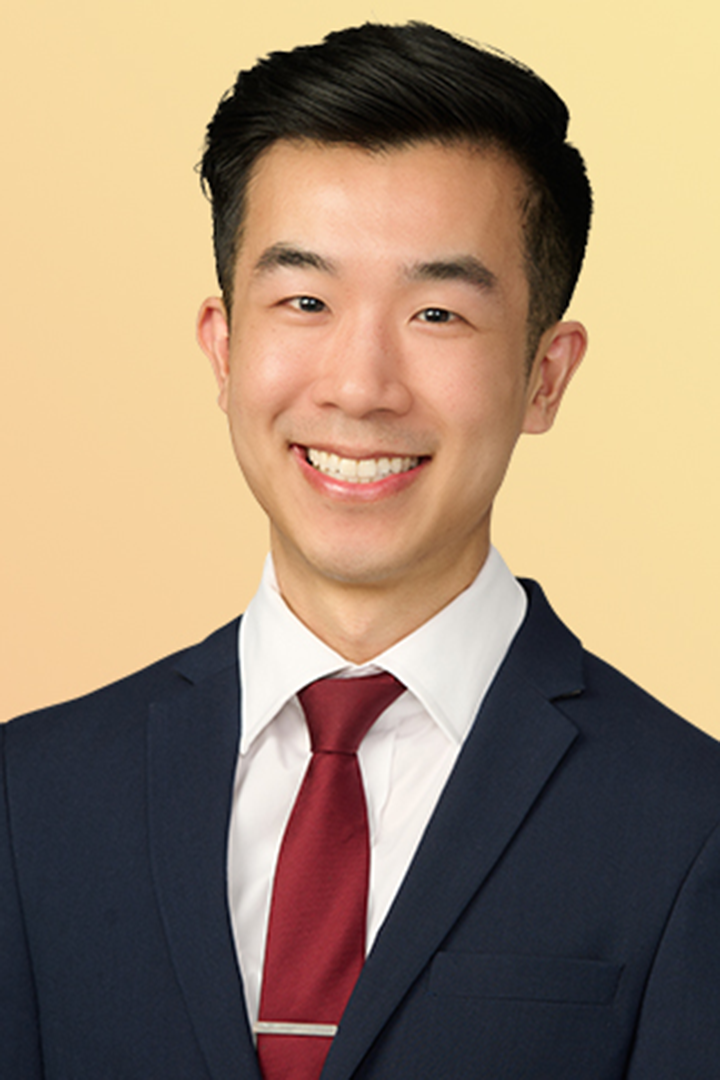Why did you want to pursue a law degree?
I sought a law degree to work on the frontier of new and emerging issues in health care. During my formative years at University of California, Berkeley and work in Washington, D.C., I traced the impacts of novel laws and regulations on the health care industry and public health. I envisaged becoming someone who could grapple with and advise companies through this complex, ever-changing framework. I appreciated that law school could help me reach that goal. I specifically chose GW Law because of its health care course offerings and centralized location, which afforded opportunities to connect with health care practitioners. Presently, I remain quite aligned with that initial vision. I focus on advising innovative life sciences companies navigate and comply with the Federal Food, Drug, and Cosmetic Act and its implementing regulations throughout the product lifecycle. Put simply, I help bring new products to the market and keep them there.
Is there a class or experience during your time as a student at GW Law that you found particularly helpful or impactful?
I reflect fondly on my experience as Editor-in-Chief of the Federal Circuit Bar Journal. In that capacity, I honed project management skills that proved invaluable as a practicing lawyer. My “clients” were authors whose works were selected for publication and the Federal Circuit Bar Association who expected quarterly issues. To do so, I imparted to my staff the unifying objectives, trained them on the journal’s policies and preferences, and delegated them responsibilities to execute. I also enhanced my abilities to review, revise, and comment on scholarly work. I strove to ensure that the published pieces would be accessible to the audience while able to withstand scrutiny.
What motivated you to continue your engagement with GW Law after graduation?
I continue to volunteer to serve as a mentor for AAPI law students (either formally through mentor-mentee programs or informally through spontaneous connections) and to engage with the GW Law APALSA because of the example set by my own GW Law mentors. My mentors showed up to these programs when I was an eager law student. They helped me navigate law school, internship applications, and on-campus recruiting as a diverse law student and future member of the AAPI legal community. Now, I am positioned to share the collective wisdom to help lift other diverse law students toward achieving their respective goals. I have found a deep sense of fulfillment and pride upon seeing my mentees rise to greater heights than me at the points in their careers.
If you could go back in time, what advice would you give to yourself as a 1L?
I would have told my 1L self to find a hobby unrelated to law school. For the first semester, I allowed course work and law school activities (e.g., networking events, clubs, etc.) to occupy all my time. I had not realized the degree to which I sacrificed—both for myself and my partner—until I was asked “what do you do for fun?” during a judicial internship interview. I drew a blank face. I muddled through it with a spin on daily chores (and got the offer), but that question jolted me. I realized that I was not being generous with myself outside of school. I wish that my 1L self would have appreciated sooner the reminder that he could have afforded to take more time for himself and his loved ones.


